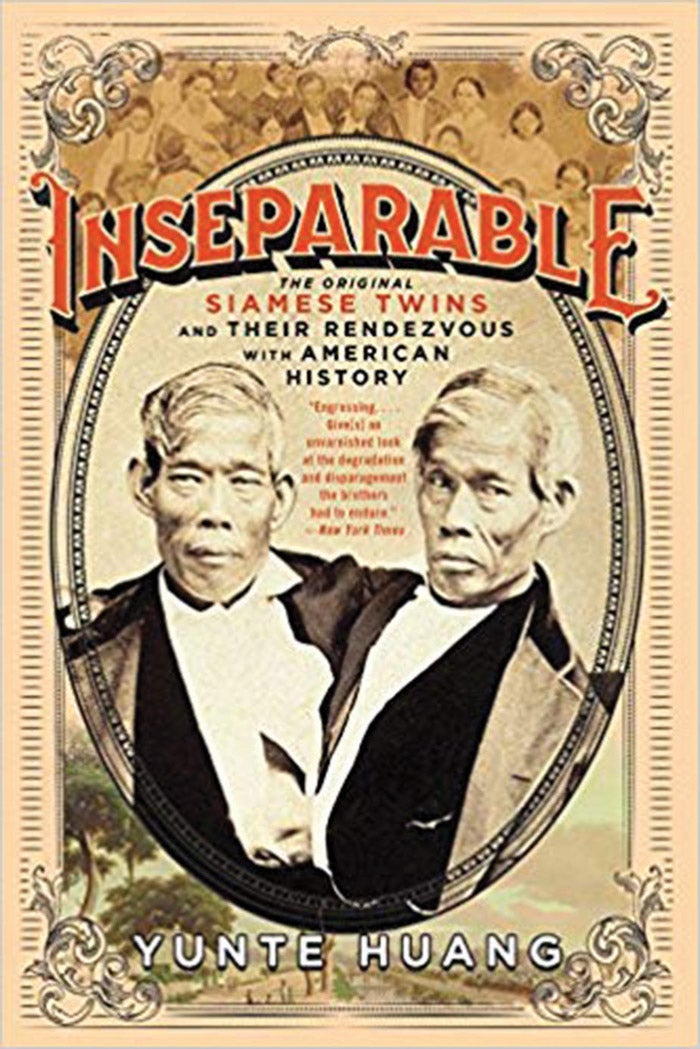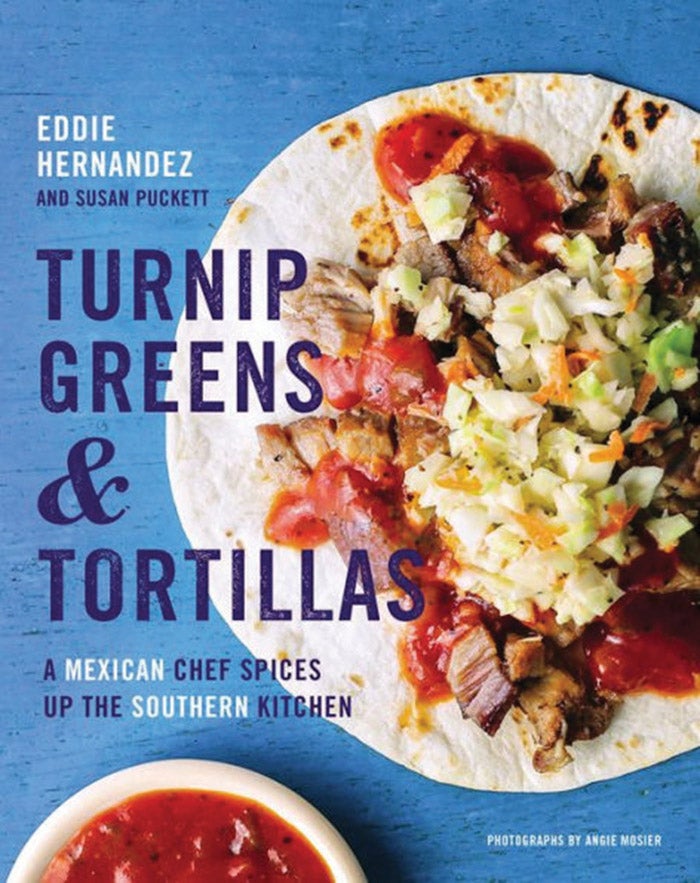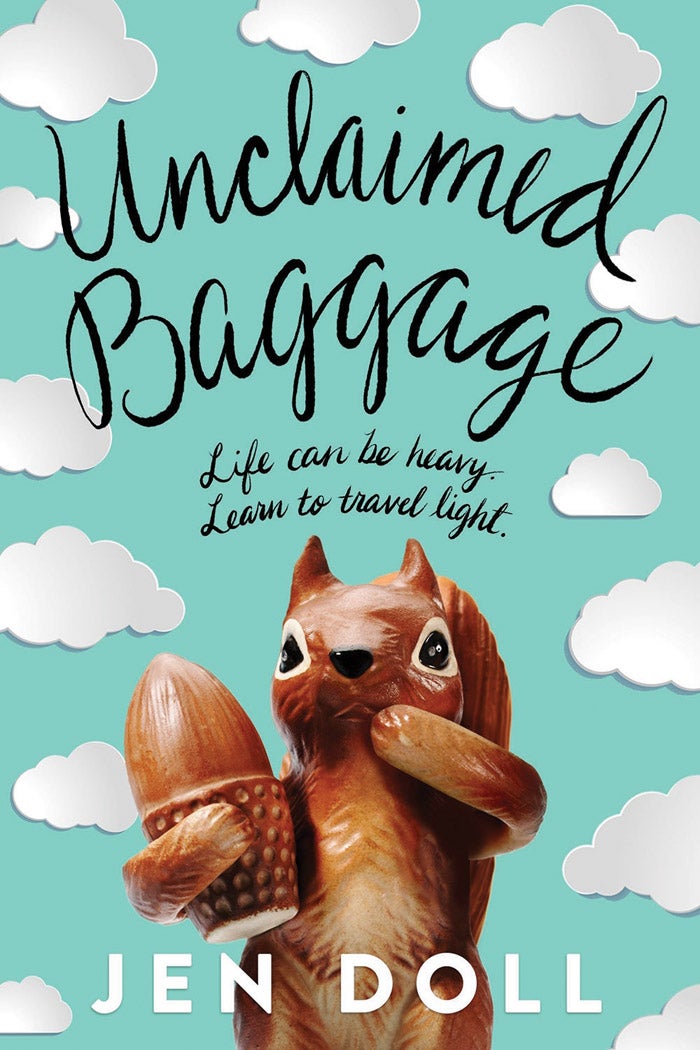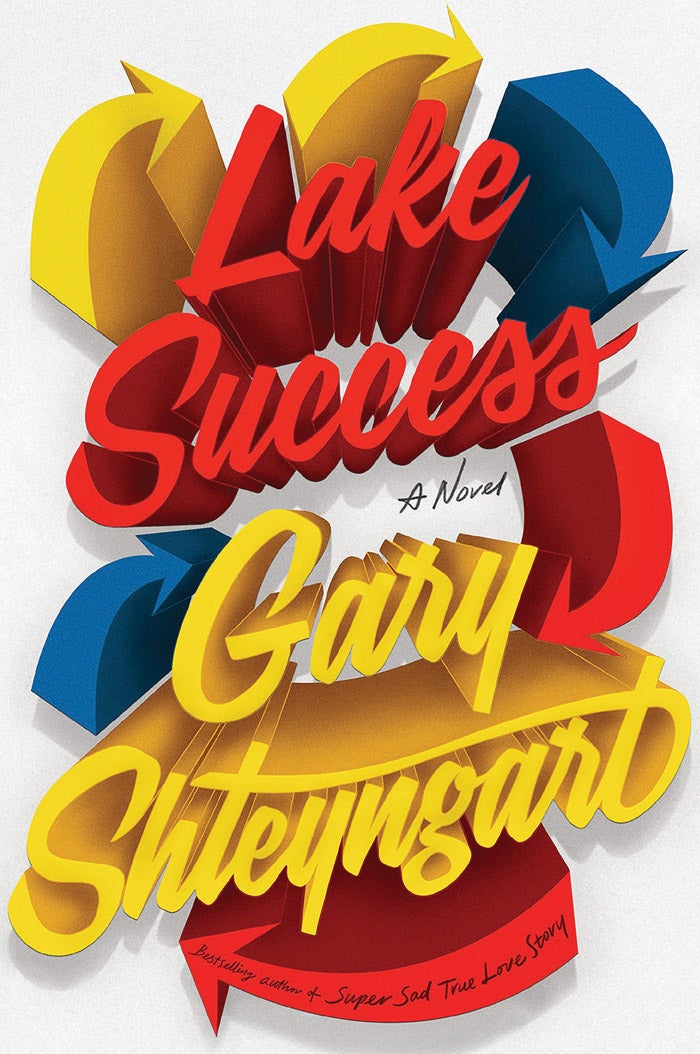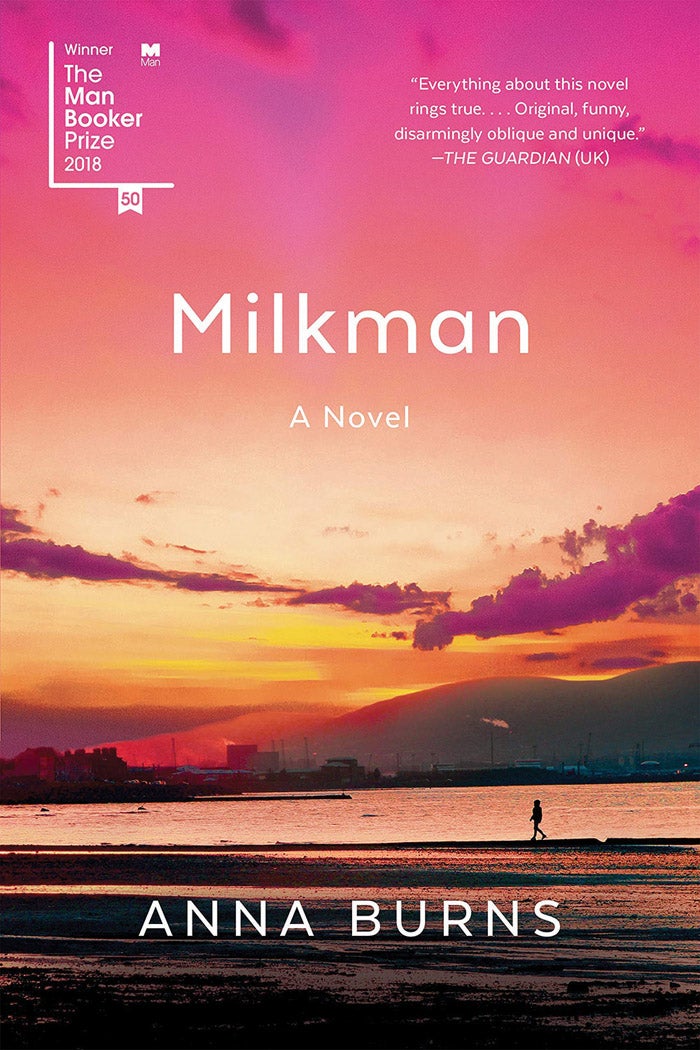Want a great book? Try one of these
Published 12:00 am Sunday, December 16, 2018
National Public Radio has some of the best stories about books and authors. Often, hearing an interview will prompt interest in a book, so their choices of great books make excellent gift suggestions.
For much, much more, try out Book Concierge, a site run by NPR, which has filters that can narrow or broaden your search.
We picked one cookbook with a Southern flair, some non-fiction which has been really hot this year, fiction, and a few kid’s books.
As always, visit your local bookstore, and if they don’t have it, they can get it for you quickly. Shop local!
These books are recommended by various NPR staff members, and the descriptions are theirs.
“Turnip Greens & Tortillas, by Eddie Hernandez. Atlanta chef Eddie Hernandez is known for infusing the fresh flavors of his native Monterrey, Mexico, with traditions of his adopted South – think Memphis barbecue tacos and buttermilk fried chicken with green chile-horseradish sauce. The fusion started when he was given a mess of backyard-garden turnip greens and wasn’t quite sure what to do with them. So he approached them as he might cook wild Mexican greens – adding fresh tomatoes and chile de arbol. Plus Angie Mosier’s photographs of Hernandez’s dishes will make your mouth water!
Becoming, by Michelle Obama. Is there another autobiography to read these days? Michelle Obama’s book is, first and foremost, a story about how she became who she is – a highly accomplished lawyer-turned-public-servant-turned-hospital administrator, a fiercely protective mother, a devoted wife – and then the story about the struggle to hold onto that identity, to maintain a semi-sane life, even after she agrees to let that life be hijacked by politics. Obama often gets didactic, even social science-y, but her excellent writing shines through in sections about her childhood and college years. Obama describes the profound frustration of being misunderstood – of being pegged as an “angry black woman” – and the discomfort of being a hyperaccomplished woman only recognized through her connection to a powerful man.
“Inseparable: The Original Siamese Twins and Their Rendezvous with American History,” by Yunte Huang. Here’s a book with special North Carolina interest: Chang and Eng were brought to America in 1829 at 17 and were forced to perform in a freak show. They eventually negotiated their independence, bought land, married sisters, fathered 21 children and became slave owners. Take a deep breath because, on top of that, author Yunte Huang uses this bonkers narrative to broach issues related to otherness, capitalism and hypocrisy. The result is a sensitive and affecting – if not slightly overwhelming – portrait.
“The Overstory,” by Richard Powers. This books is on many best lists for 2018. The book begins with the nine characters whose lives will intersect as the novel unfolds. Each has some kind of connection with a tree. These stories, so beautifully told and intricately crafted, perfectly set the stage for this saga about a small band of radical environmentalists who are determined to save an old-growth forest in the Pacific Northwest. They pay a heavy price for their determination. As Powers pulls you into their lives and fills you with astonishing facts about trees, he deftly pits that price against the cost of allowing these magnificent forests to be destroyed.
“Milkman,” by Anna Burns. Burns just won the Man Booker Prize for this novel, set in 1970s Northern Ireland, and it’s easy to see why. Take the first sentence: “The day Somebody McSomebody put a gun to my breast and called me a cat and threatened to shoot me was the same day the milkman died.” The book is interested in bigger questions than just: What happened to the milkman? Burns explores what happens when the divide between us and them becomes too wide to cross. She asks whether we believe women, and why. And she digs into these heavy, timely themes with humor and light.
“Lake Success” by Gary Shteyngart dusts off our most hallowed literary trope, the on-the-road novel, and takes it for a satirical spin through an America on the verge of a Trump presidency. His antihero is Barry Cohen, a New York finance guy whose life has imploded, prompting Barry to board a Greyhound bus and light out for the territory.
“Unclaimed Baggage,” by Jen Dool, a novel for teens. The storytellers of “Unclaimed Baggage” are a bunch of lost souls: Doris (the leader), Nell (the outsider), Grant (the beautiful, complicated wreck) and a purple leopard-print suitcase. What they need to find is each other. Doll weaves their tales together into a dense, rich and powerfully beautiful story. The book is the quintessential Southern Novel for Teens, bordering on Gothic, but still managing to leave the reader with a sense of wonder and optimism.
“How to be a Lion,” by Ed Vere. The spirit of Ferdinand the Bull is a alive and well in “How to Be a Lion.” Leonard loves so much of life, from reading poems to befriending ducks, but these aren’t lionlike behaviors. After building a case, the book asks “Is there just one way to be a lion? I don’t think so … do you?” I love turning over the conversation to the readers — start critical reading early — while meeting a marvelous orange lion. (For ages 3 to 7)
“The Season of Styx Malone,” by Kekla Magoon. When Caleb and Bobby Gene trade their baby sister for a sack of fireworks, you would think that was enough trouble for one summer — but it’s just the beginning. The sheltered, small-town brothers are smitten with their new neighbor, Styx, and his big-city stories — and when Styx launches a scheme to turn the fireworks into a huge profit, the boys eagerly go along, until Styx’s secrets start to unravel and trouble takes over. In Magoon’s rollicking novel, lives are challenged and changed forever — and yours will be, too. (For ages 8 to 12)
“The Great Believers” by Rebecca Makkai. It’s a sweeping story about the AIDS epidemic of the 1980s and its long, numb aftermath. As one of the main characters says about the random cruelty of AIDS, this disease has magnified all our mistakes – some stupid thing you did when you were 19, the one time you weren’t careful, and it turns out that was the most important day of your life. “The Great Believers” is filled with vivid characters, absorbing questions about art, belief and transcendence and, most improbably, lots of wit.


